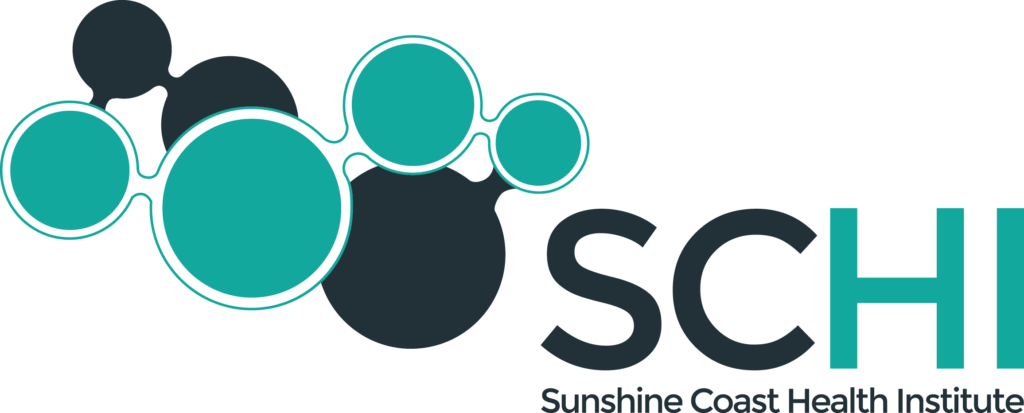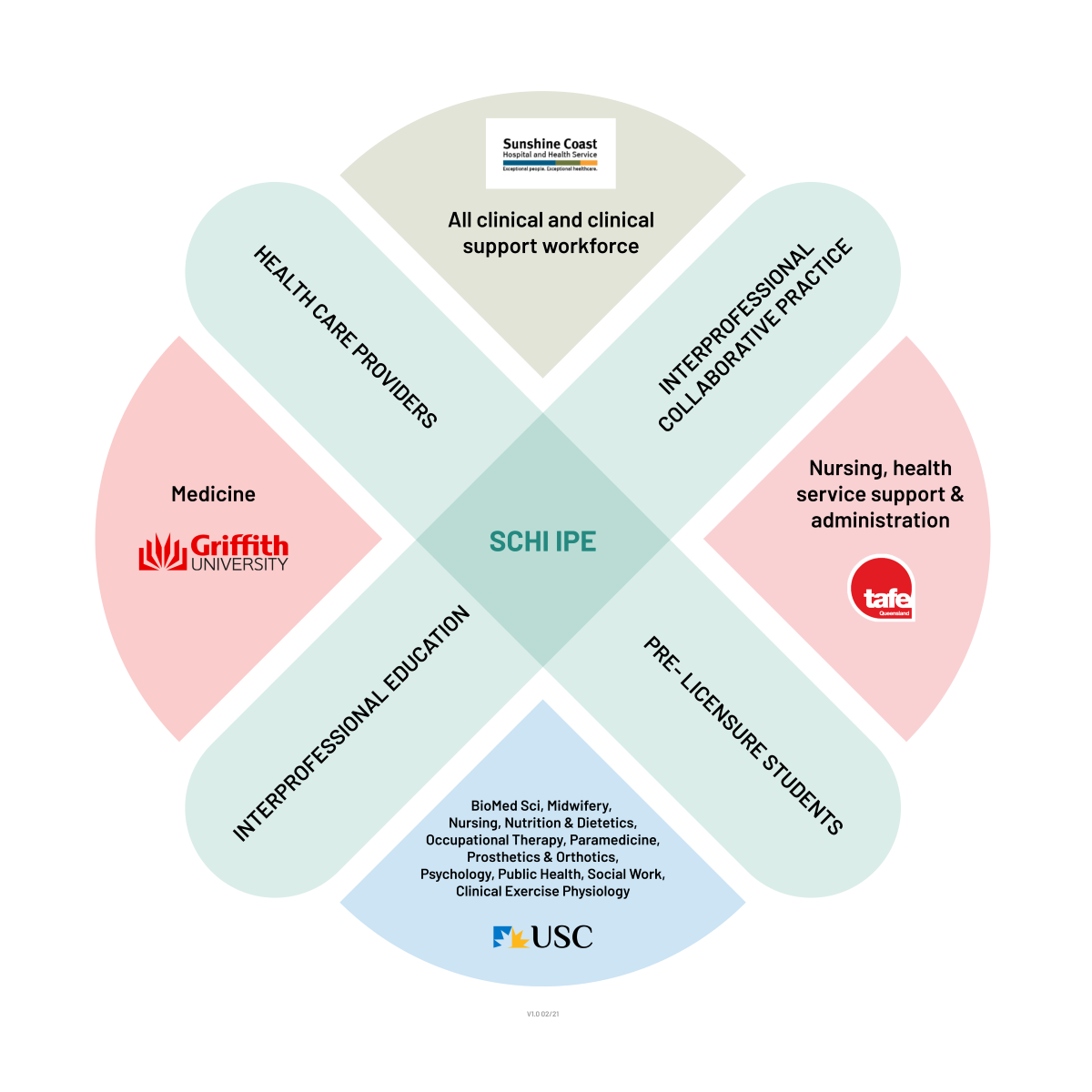About
A collaborative partnership working together to improve health and wellbeing outcomes for the region and beyond.
Sunshine Coast Health Institute (SCHI) is a joint venture collaborative partnership between Sunshine Coast Hospital and Health Service (SCHHS), USC, TAFE Queensland (TAFE) and Griffith University (GU).
Teaching, training and research are integral to SCHHS and to SCHI partners. SCHI plays a vital role in training the next generation of staff, fostering innovation, and maintaining a culture of ongoing clinical audit, redesign, and clinical practice improvement to support excellence in the delivery of care.
We are committed to:
Our mission
SCHI will improve health and wellbeing outcomes for the region and beyond.
Our vision
SCHI will be an institute for innovation that leads research-informed health care, health education and training that delivers solutions to address health service, consumer and community needs.
Strategic goals
- innovation and excellence in professional, inter-professional, and inter-sectoral education, training and workforce development
- excellence in health and educational research that addresses the challenges and opportunities of the region and beyond
- provide leadership in innovative models of evidence-based health care and population health
- invest in authentic stakeholder engagement.
Governance
Central to the governance model of SCHI is the Joint Venture Agreement, entered into by the four Foundation Partners.
SCHI Executives are responsible for the overall governance, management, strategic priorities, directions, and objectives of SCHI, the Joint Venture, and the relationship between the Foundation Members, and is chaired by an external appointee.
SCHI Executives receive strategic advice from three groups representing the key focus areas of SCHI:
• SCHI Education Advisory Group
• SCHI Research Advisory Group
• SCHI Engagement Advisory Group.
The advisory groups are each chaired by a SCHI partner representative who also has a seat at SCHI Executive.
The work of SCHI Executives and Advisory Groups are supported by SCHI Operations Committee, which is responsible for making all decisions concerning the day-to-day operations and administration of SCHI.

Executive members
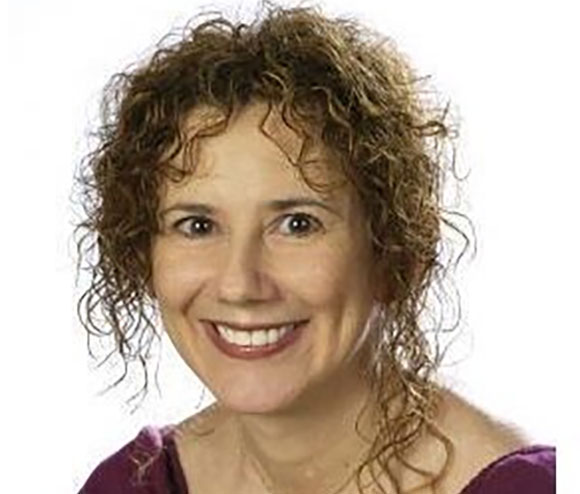
Professor Analise O’Donovan
Pro-Vice Chancellor (Health)
Griffith University
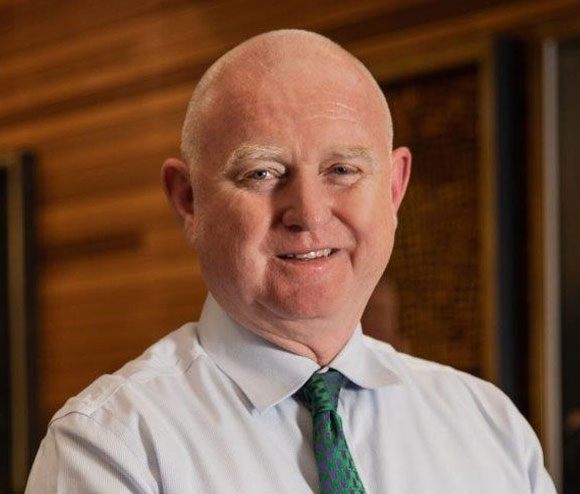
Professor Ross Young
Deputy Vice Chancellor (Research & Innovation)
USC
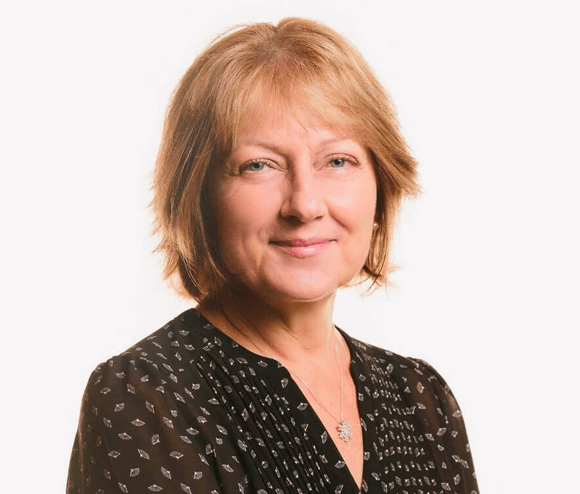
Ana Rodger
General Manager
TAFE Queensland East Coast Region
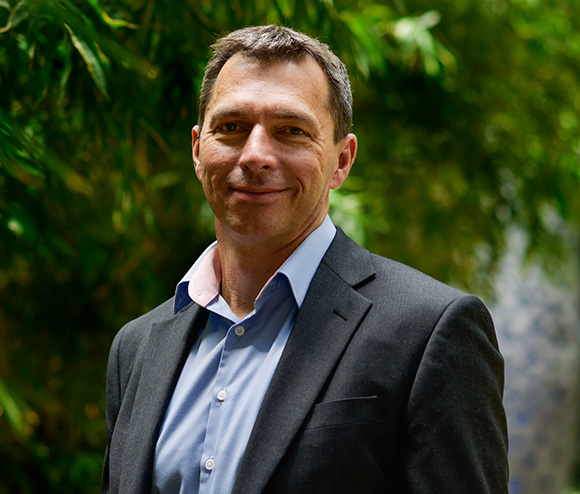
Dr Peter Gillies
Health Service Chief Executive
Sunshine Coast Hospital and Health Service
Facilities
SCHI is located on the Sunshine Coast University Hospital (SCHHS) campus on the ground floor and level one of the eastern lakeside building, and the hub building, which wraps around the auditorium. It comprises more than 10,000 m2 of space and has been designed with the latest audio-visual capability. The majority of space in SCHI features shared teaching and learning spaces designed to promote collaboration and cooperation.
The campus was built in 2016 and SCUH is largest public healthcare facility to achieve a 6 star rating under the Green Star system for its design and operation.
SCHI facilities includes:
- a cylindrical shaped contemporary 370-seat auditorium with the latest audio visual technology
- a 150-seat lecture theatre with an operable dividing wall to create two smaller spaces
- an open-plan, light and modern library with flexible learning and study areas
- high fidelity clinical simulation suites, including state-of-the-art technology and exact replicas of the hospital clinical environment
- e-learning laboratories
- clinical research laboratory with PC2 containment
- human body visualisation laboratories featuring a virtual dissection table
- flexible multi-purpose teaching spaces
- clinical demonstration rooms
- dedicated workspace for each of SCHI partners
- open-air seating, communal lounge, and breakout spaces, end of trip facilities and a range of amenities.
Campus sustainability rating: GBCA six star green star design
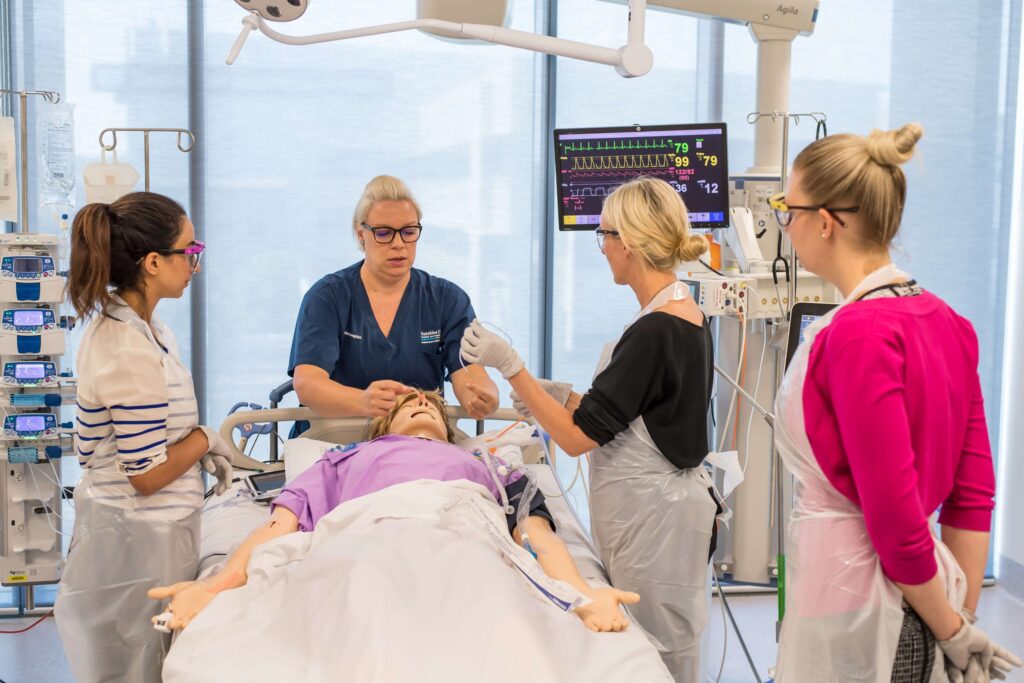
Simulation training
Each suite recreates a like-for-like hospital setting with cutting-edge technology such as resuscitation, neonatal, and anaesthetic equipment that enables medical, nursing, health and medical sciences students, to gain hands-on experience as part of their education.
Sessions are captured by video and audio, allowing reflection on learning. Our facilities are designed to provide the most advanced assessment approaches for clinical and objective structured clinical exams, which creates a useful learning process for our students.
Simulation education and training at SCHI involves all levels of participants from undergraduate to senior staff as well as all healthcare disciplines and specialties. The simulation programs bring many different groups, promoting multidisciplinary team training and inter-professional learning.
SCHI simulation suites feature:
- eight bed ward with pharmacy store
- ICU bedroom
- resuscitation bay
- interventional suite with scrub room
- birthing suite
- state-of-the-art simulation equipment and audio visual technology including high-fidelity manikins and part-task trainers
- control rooms for directing scenarios
- briefing rooms for de-briefing on and viewing activities taking place in the simulation suites
- change rooms equipped with lockers, showers, and toilets
- breakout space
- secure clinical disposal room and equipment clean up room.
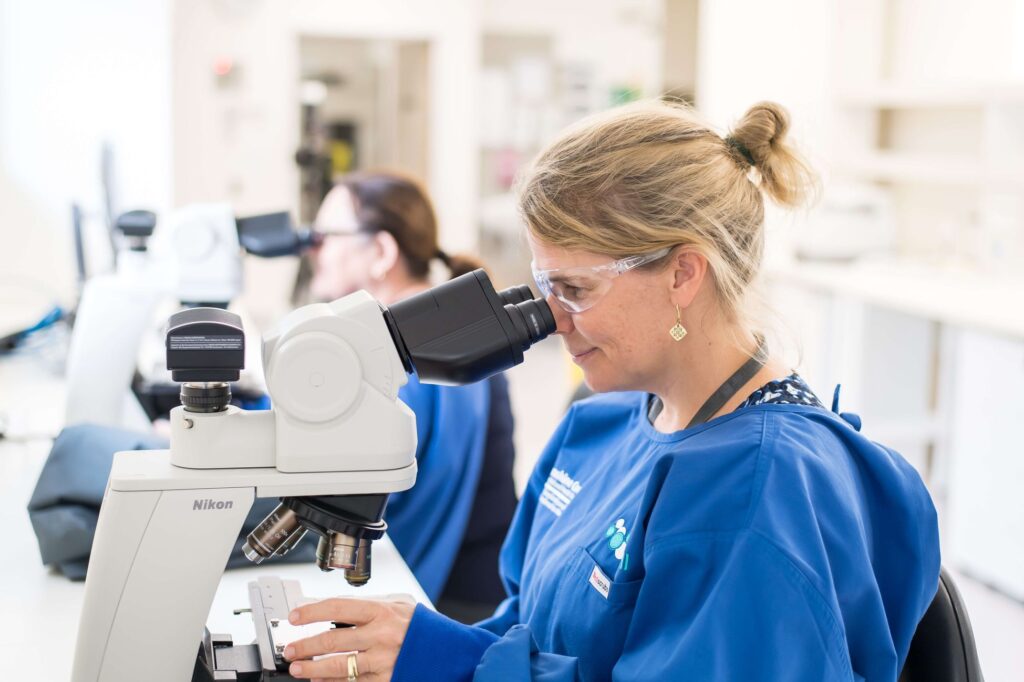
Research
The collaborative partnership brings together Sunshine Coast Hospital and Health Service (SCHHS), USC, Griffith University (GU), and TAFE Queensland (TAFE) working together to achieve our mission to improve health and wellbeing outcomes for the region and beyond.
SCHI facility has created an excellent suite of facilities to support the development of an active and successful research culture. The opportunities are many in research – education research, clinical trials research, basic and applied research.
Key goals include:
- identify research strengths and opportunities for research amongst the partners, including forming collaborative partnerships in areas of research strength
- integrate primary and clinical health services research activities to address regional and national health needs
- facilitate research collaboration by developing incentives for researchers to work together.
